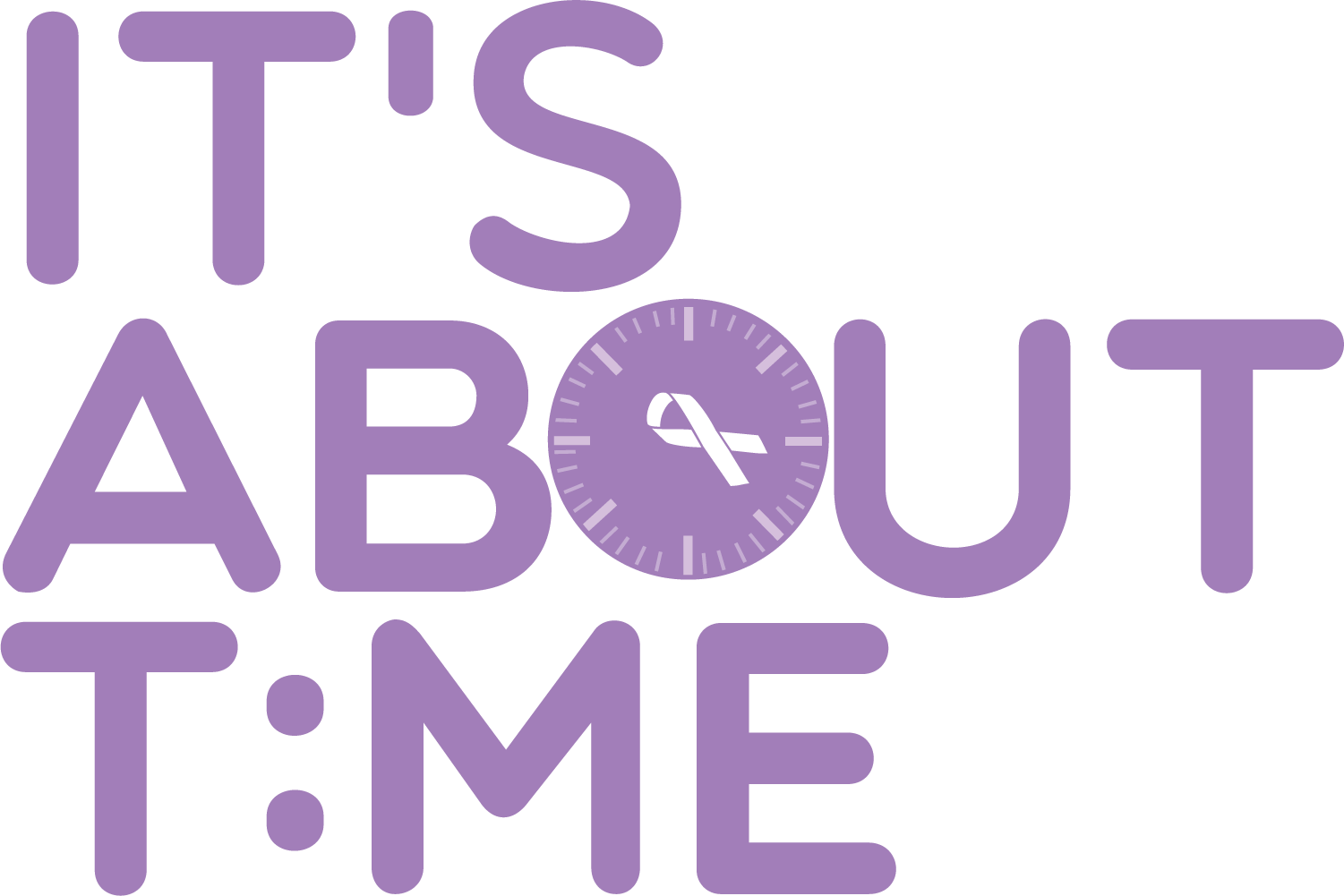Cadence
"I am more than a burden; I'm also education. #metsbc #metathriver"
I found a “bump” in my armpit in 2015. My OBGYN dismissed it as a “fibrous lymph node” and told me that I was “young and healthy” and that “fibrous lymph nodes were common in women with dense breast tissue.” Sadly, I believed her, and no follow-up exams were ordered.
Six months later I found another “bump” on my breast after I had been experiencing off and on pain in my axilla lymph nodes. I was diagnosed with HER2+/ER+ Stage 4 Breast Cancer on June 6, 2016 after scans revealed the cancer had already spread to my lungs. This was a shock: I was 38 years old with no genetic propensity for the disease, and I was in my prime: a professional dancer, a choreographer, and a professor of dance recently awarded for teaching excellence at my institution.
I am resentful of the fact that I am literally tethered to machines that infuse me with various drugs every three weeks for the rest of my life (or until better treatments come along). I am simultaneously thankful, however, that those same drugs are extending my life. This polarity—resentment and thankfulness—is just one of many polarities that characterize my experiences living with this disease. Other polarities?—hope-dismay; time-lack of time; living with-living without; ability-disability; control and lack of control. With this diagnosis, some polarities are no longer a part of my vocabulary, most notably, curable and incurable. How does one LIVE WITH the words “terminal” and “incurable”? How does one make peace with that?
What do I want people to know about my disease?
In the recent healthcare debates, it has been easy to feel like I am one big burden to society. I will never be “cured” and I will always be in treatment. Treating me is therefore very expensive. But, I am more than a burden; I’m also education. As an educator, I am immensely aware of this. My treatment teaches my healthcare team how to provide better treatment. Millions of other patients join me in providing this service. Collectively, we provide a large sample pool of knowledge that helps researchers observe common and outlying patterns in diseases, research new medical theories, draw new conclusions, and develop new life-saving treatments. We teach nurses how to administer drugs, IVs, and crucial medical information. We teach doctors how to change treatment protocols and explain diseases. Ultimately, we help future patients receive health care that is more informed, humane, and effective.
I, therefore, want to end with thanks. Thank you to the stage IV metastatic breast cancer patients who have come before me. I am aware of your legacy every time I report for treatment. Because of you, my nurses know to sit with me for 20 minutes when I receive chemotherapy for the first time. Because of you, I am given Benadryl, nausea medicine, and Steroids before my infusions. Because of your willingness to sign up for clinical trials, I have access to precision drug therapies and better chemotherapies. Because of you, I have more surgical options, and my cancer center provides access to social workers, somatic practitioners, and nutritionists. Because of you, my prognosis is more hopeful. My body is now a part of your legacy. Together, we make it possible for future patients to receive better treatment, and maybe someday, we will help make it possible for future patients to survive this disease.
- Oregon
- North Carolina
- Indiana
- Tennessee
- Alabama
- Arkansas
- Washington
- Utah
- West Virginia
- Colorado
- Massachusetts
- Missouri
- Arizona
- Wisconsin
- Nevada
- New York
- Kentucky
- Hawaii
- Minnesota
- California
- Florida
- Pennsylvania
- Michigan
- Canada
- Texas
- Illinois
- Connecticut
- New Hampshire
- Ohio
- Georgia
- Maryland
- Ontario
- Virginia
- Idaho














